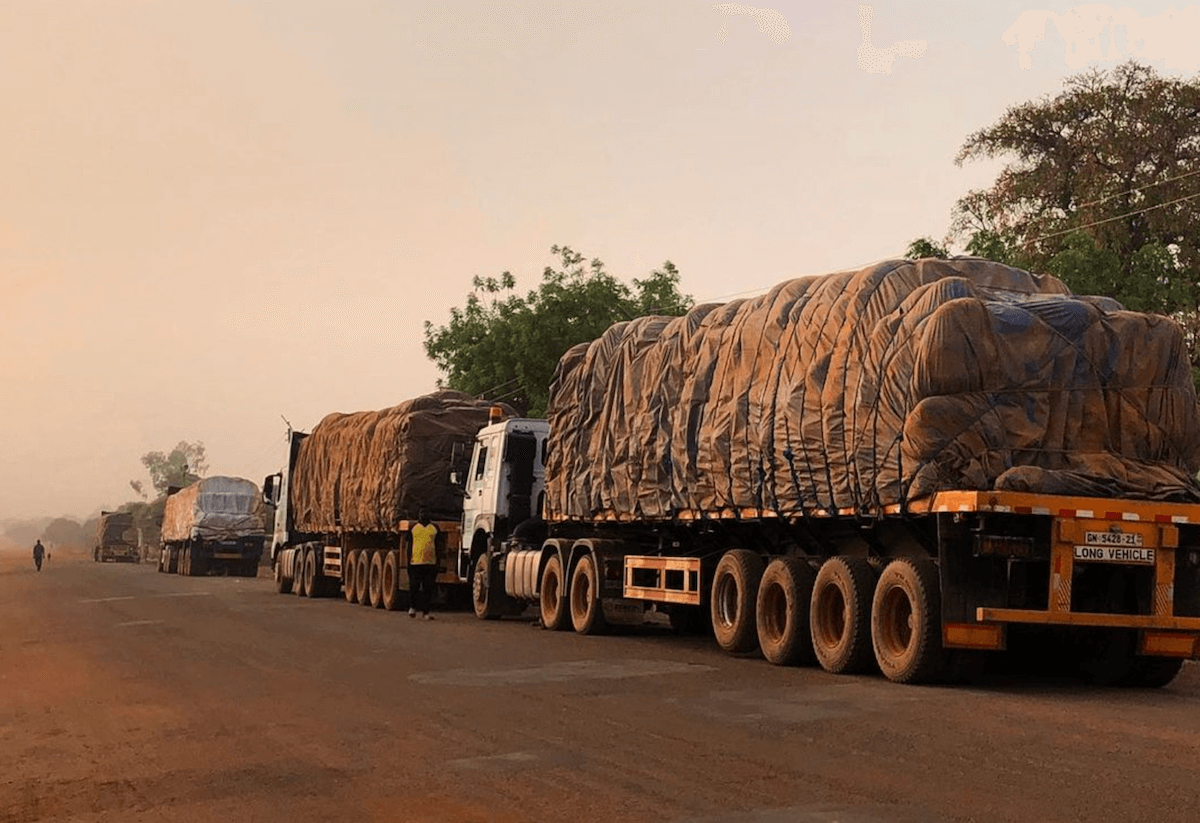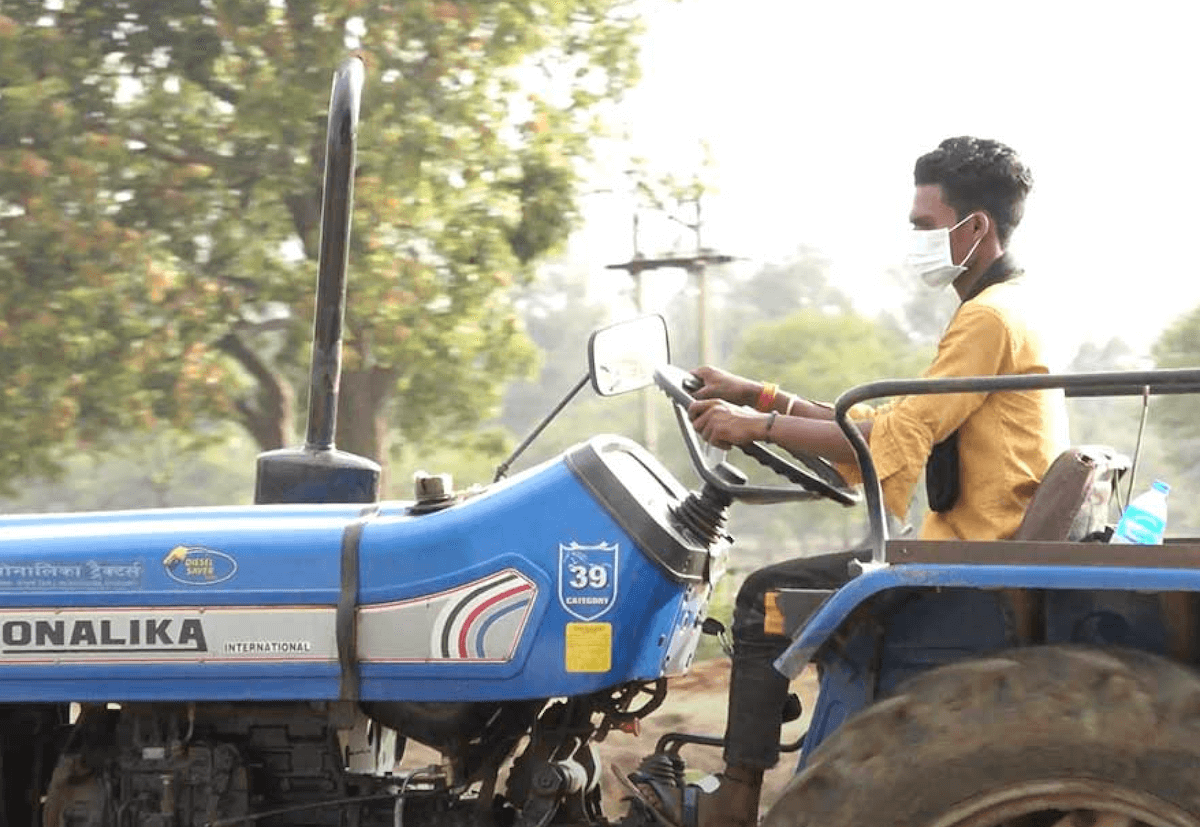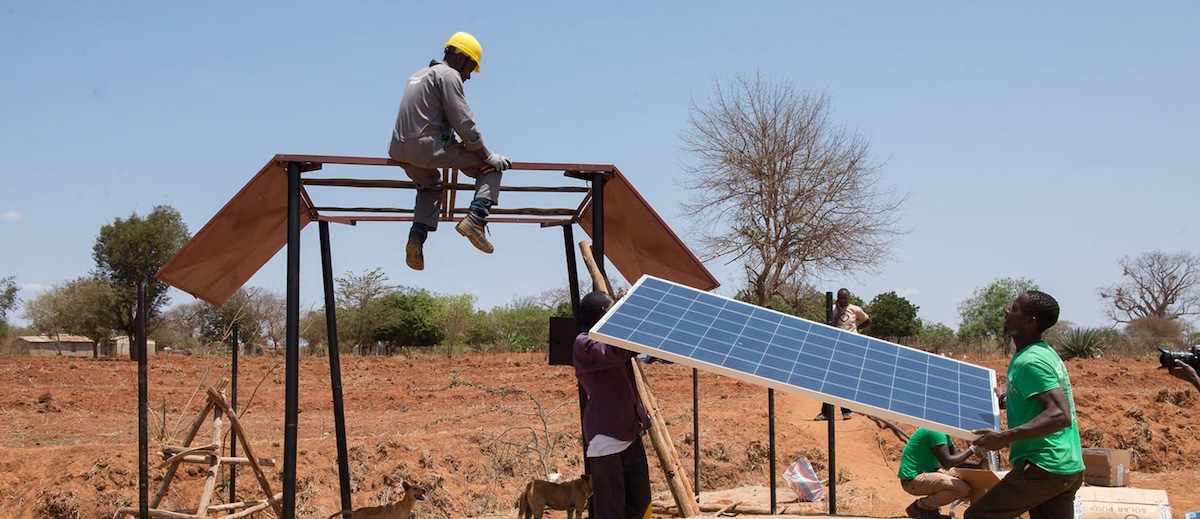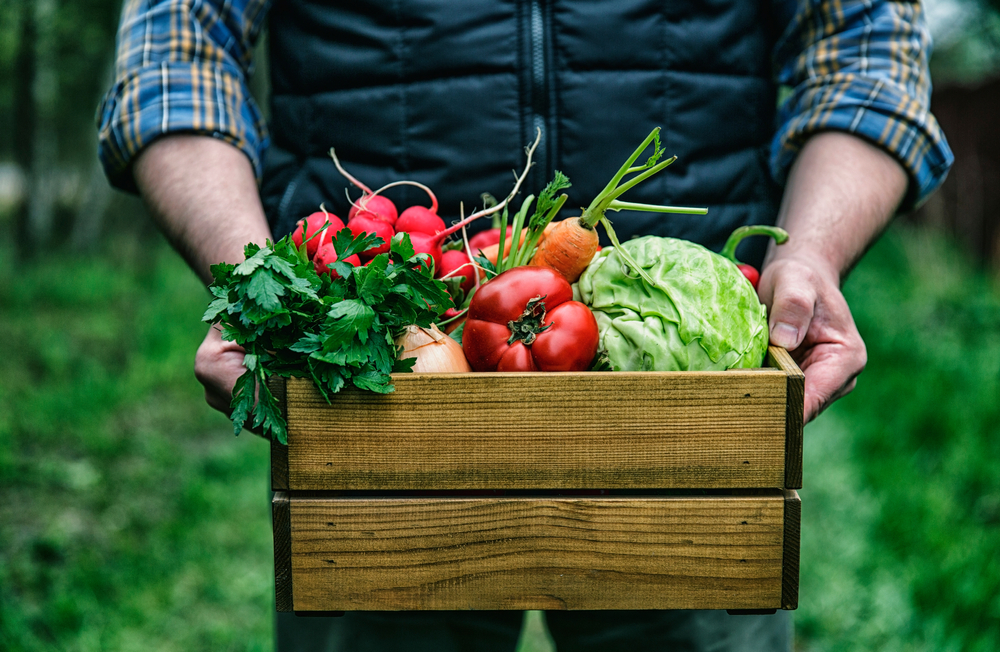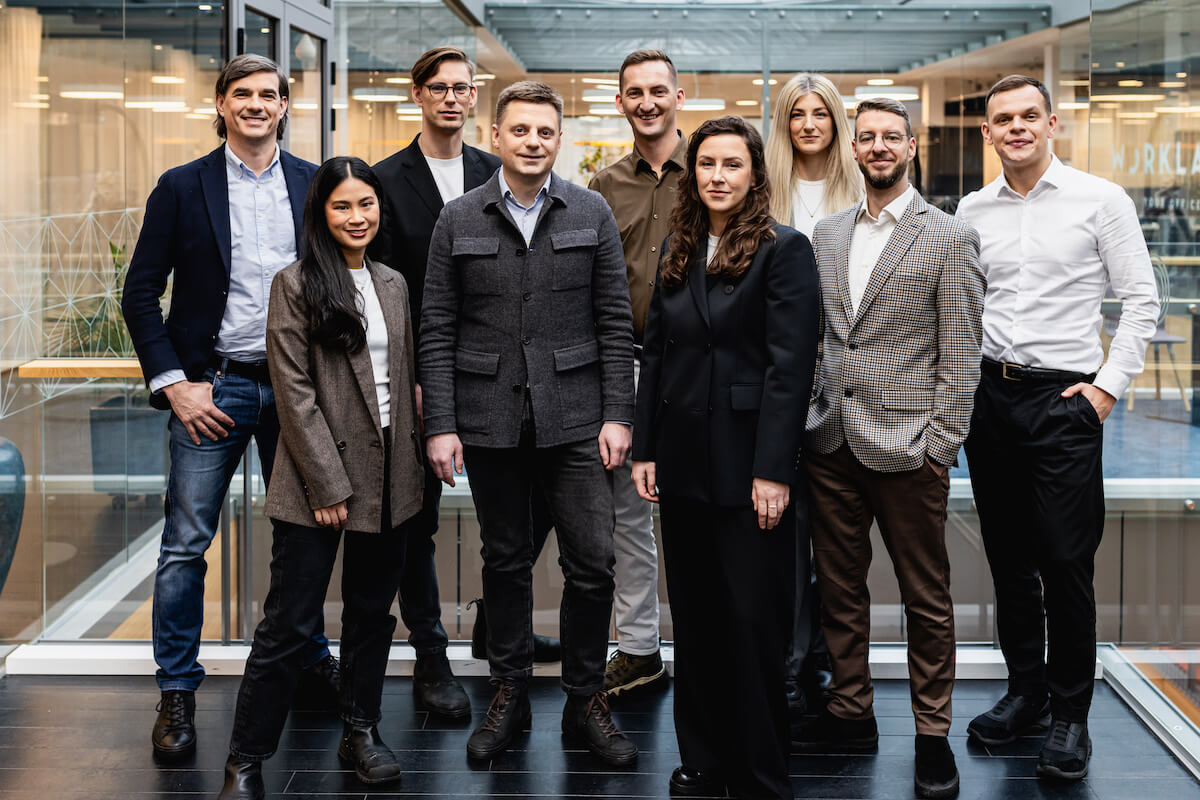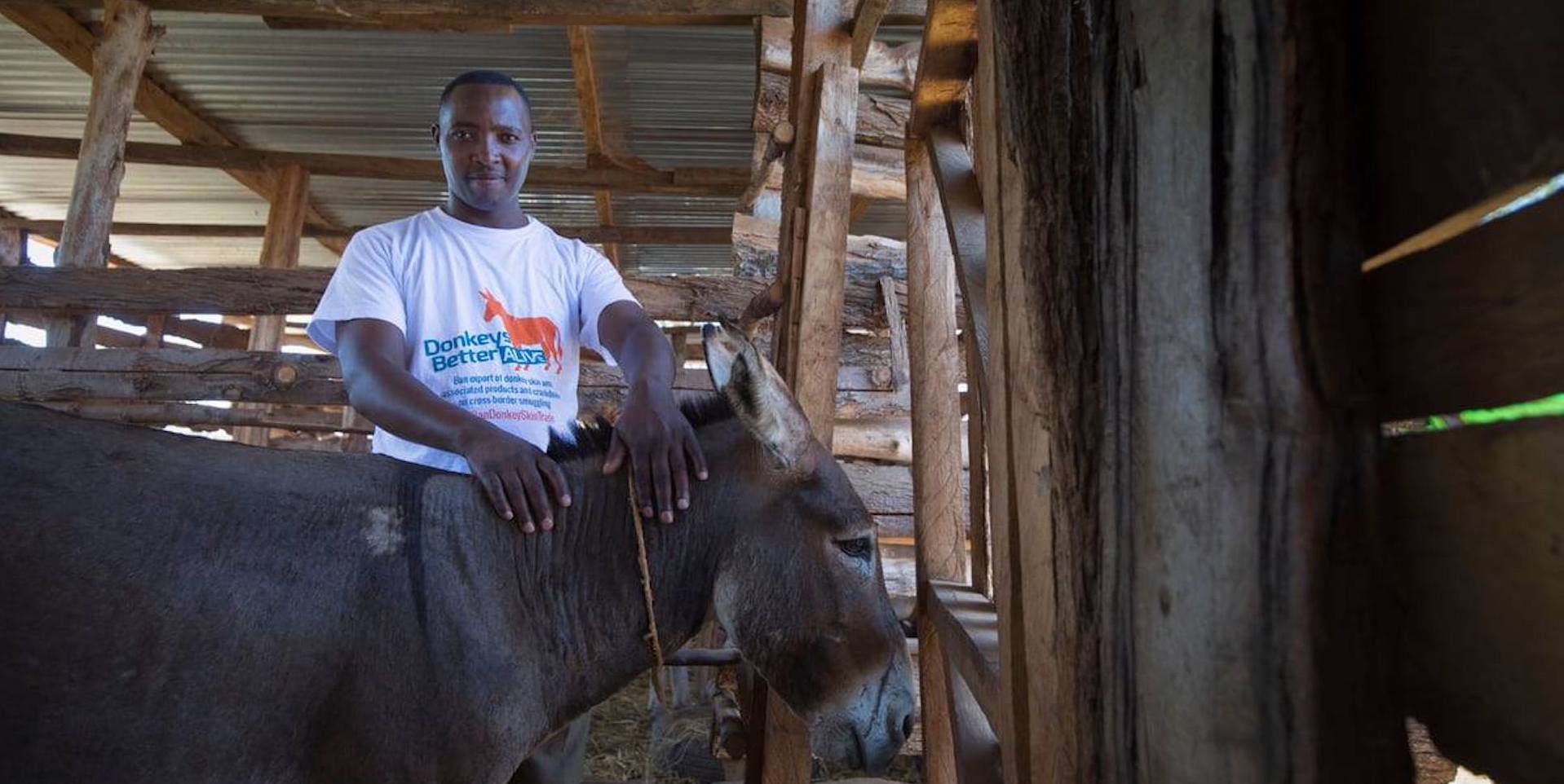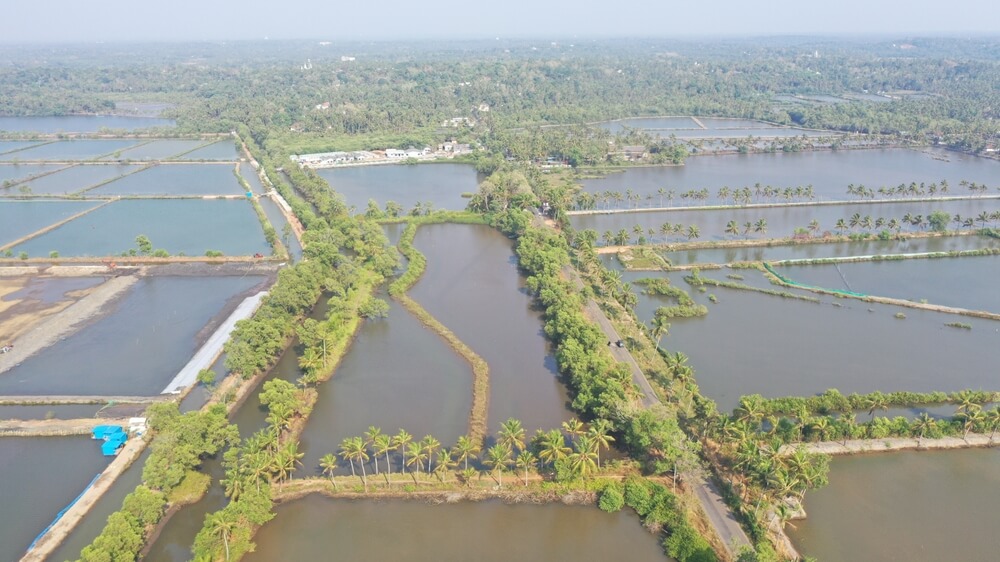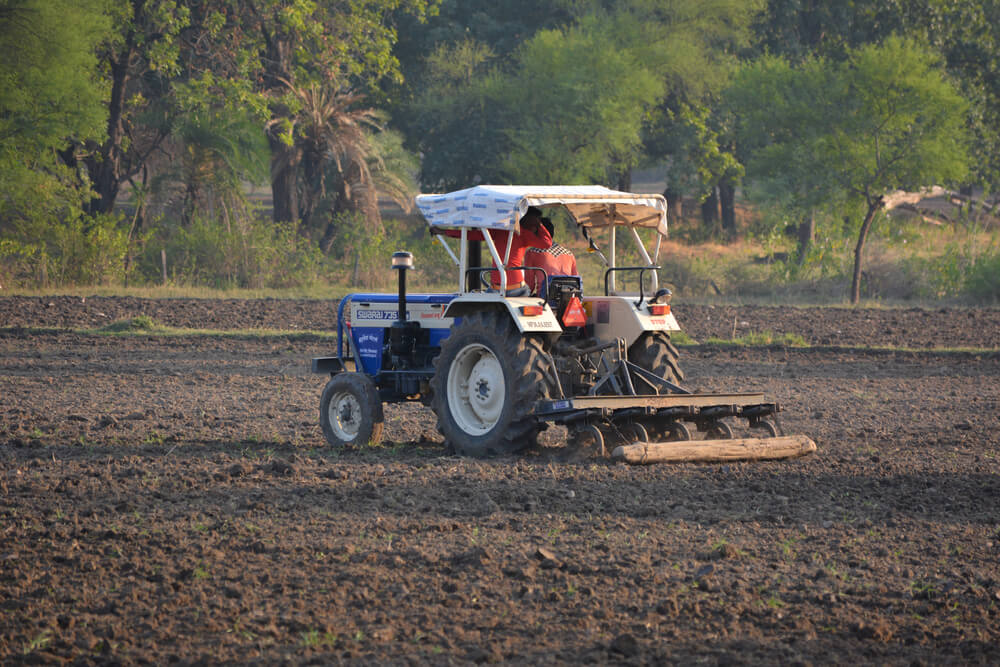ImpactAlpha, March 7 — Argentinian entrepreneur Emiliano Mroue founded Ghana-based Warc over a decade ago. The social enterprise serves roughly 20,000 smallholder farmers in Ghana and Sierra Leone with wholesale inputs and access to agriculture markets.
Mroue funded Warc’s growth with patient capital from investors including Cordaid, Acumen, Ceniarth, and the Mulago, Small and Dovetail foundations.
Now, commercial investors are coming on board with $7.5 million to help boost the number of farmers Warc reaches five-fold. Swiss family office Kielder Agro led Warc’s series B round. US-based Rippleworks added a debt investment.
“We are very happy to be able to show that commercial capital can work in this context,” Mroue told ImpactAlpha in a video interview at FLII in Merída. “Without the impact capital we will not have gotten there.”
Scaling social innovation
Mroue predicts Warc’s 2024 revenues will hit $20 million; last year, Warc channeled $7 million to farmers. Models that operate in remote locations and require social innovations go slower and take time to prove out, says Mroue. But since the markets are underserved “it could be extremely profitable as well if it’s done properly.”
Warc “has always believed that you can take subsistence farmers out of poverty,” Acumen’s Jaqueline Novogratz said in a statement. Acumen, which first invested in 2019, is proud to see the company “become financially sustainable and attract this critical capital to take them to the next stage of growth.”
On location
Warc has built a network of more than 100 women-led “training hubs” in villages where it operates. It works with farmers to improve soil health, crop diversification, and regenerative agriculture farming techniques. It then acts as a secure buyer, providing farmers with guaranteed, predictable prices for their produce. “The whole logic is to be physically close to the farmer always,” explains Mroue.

